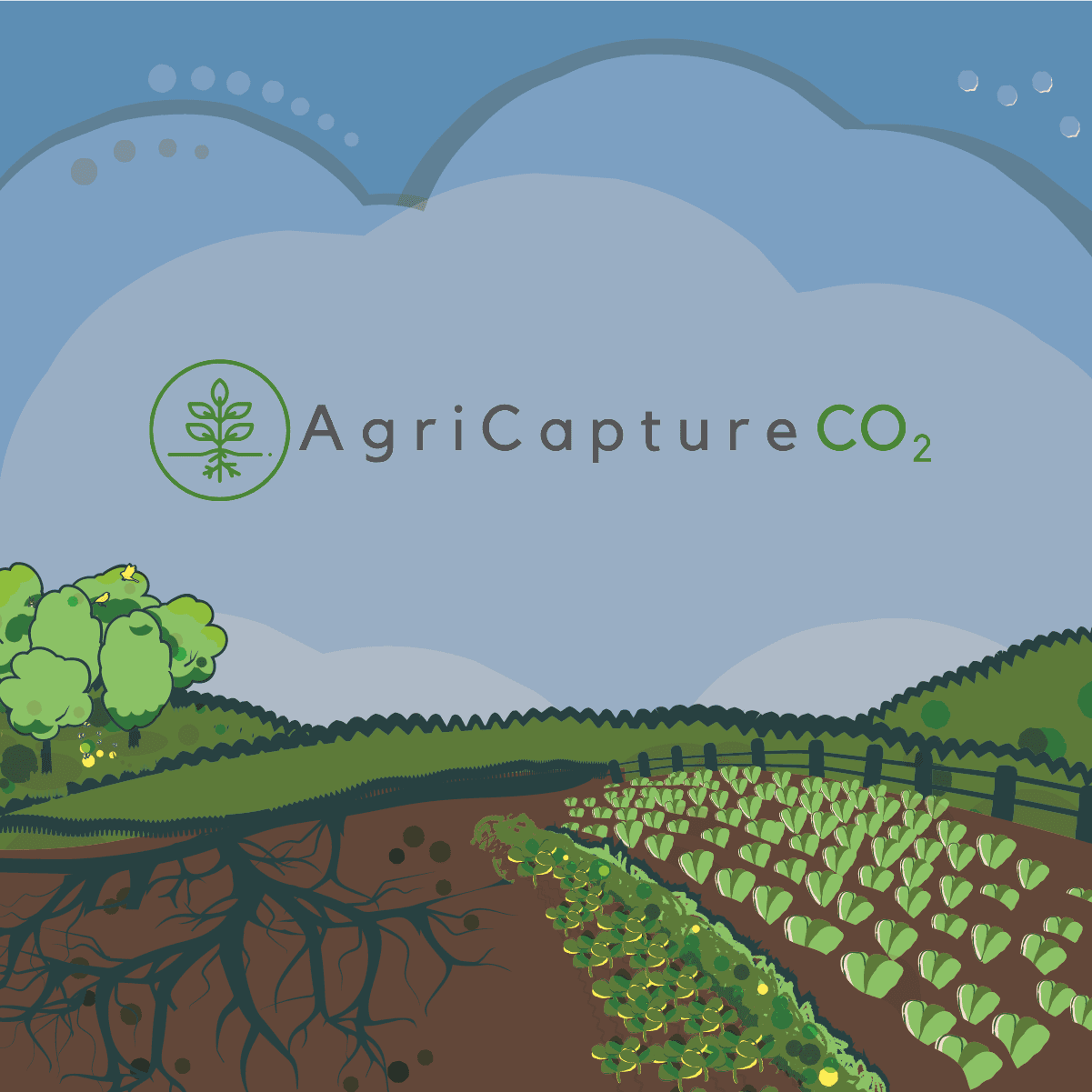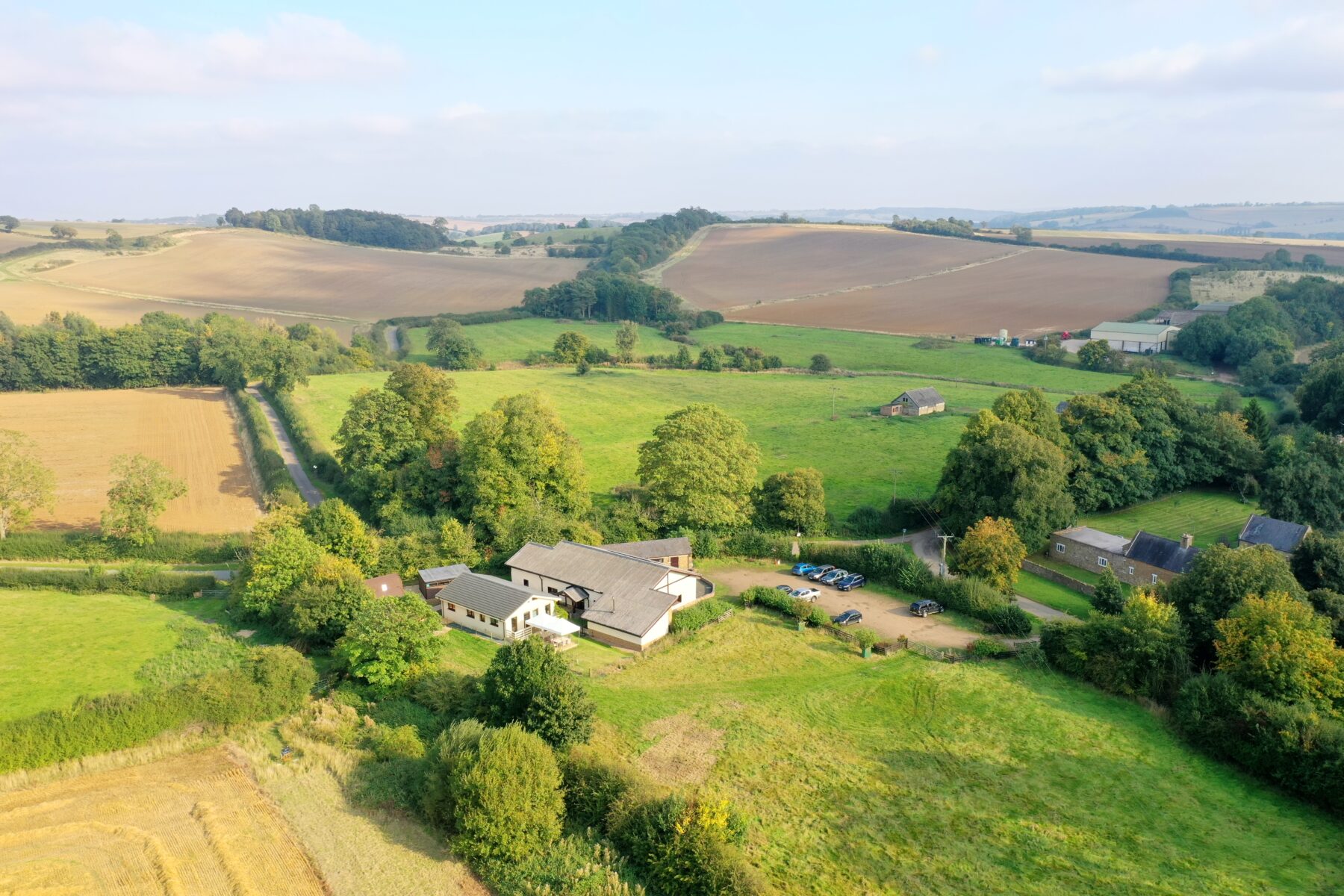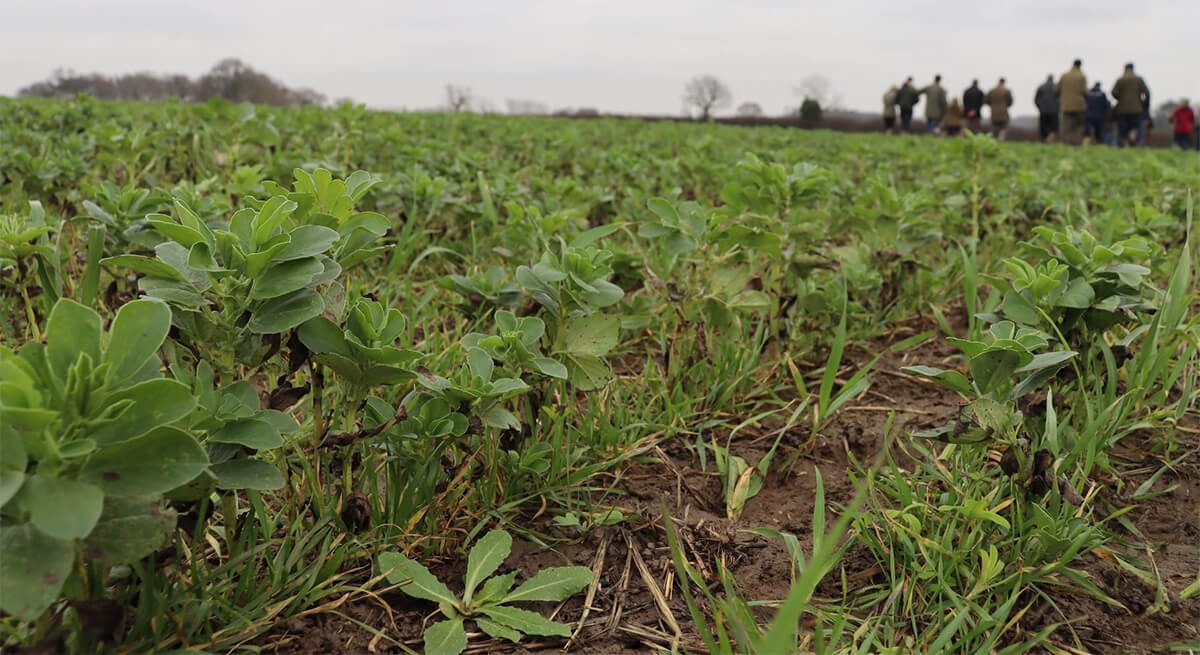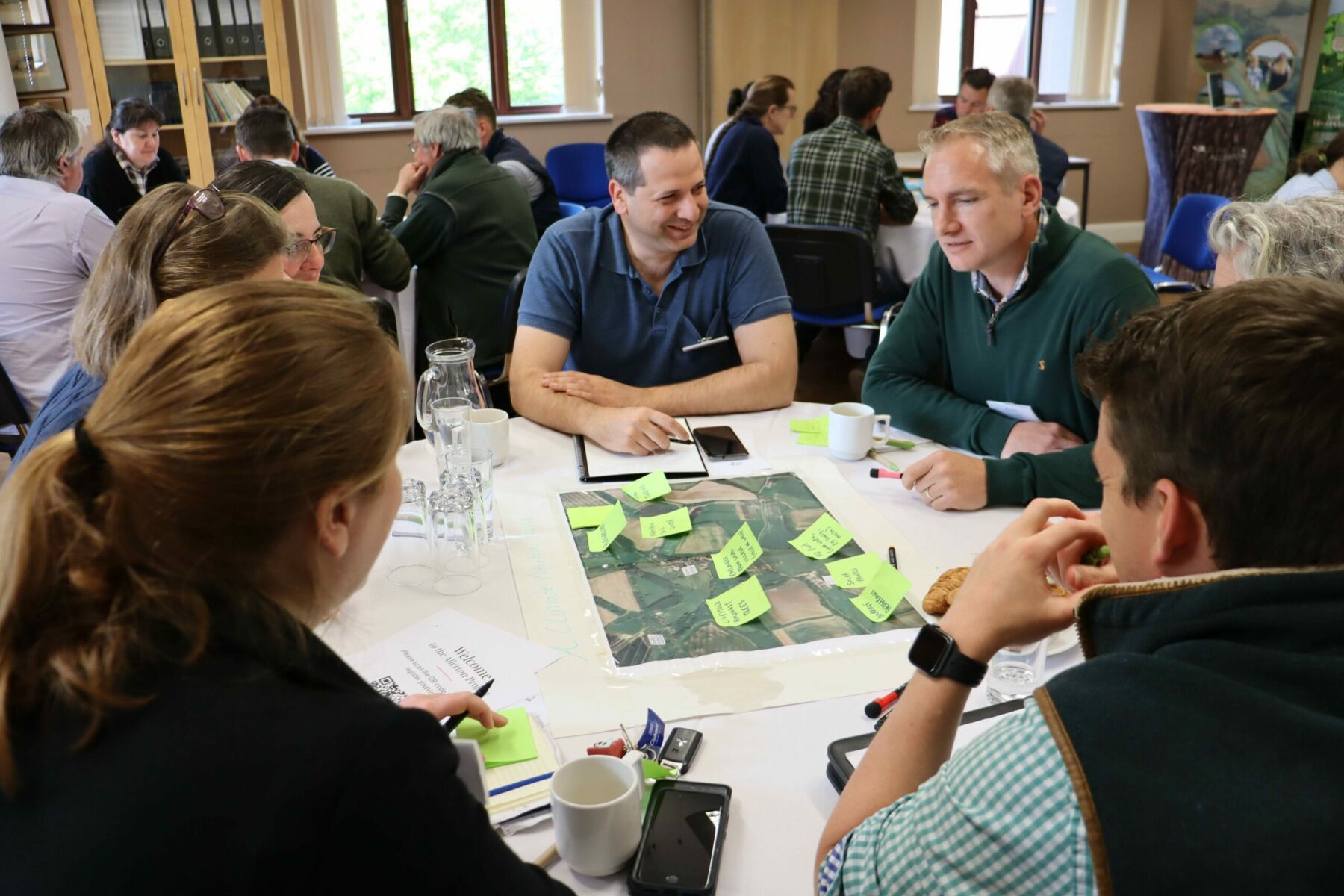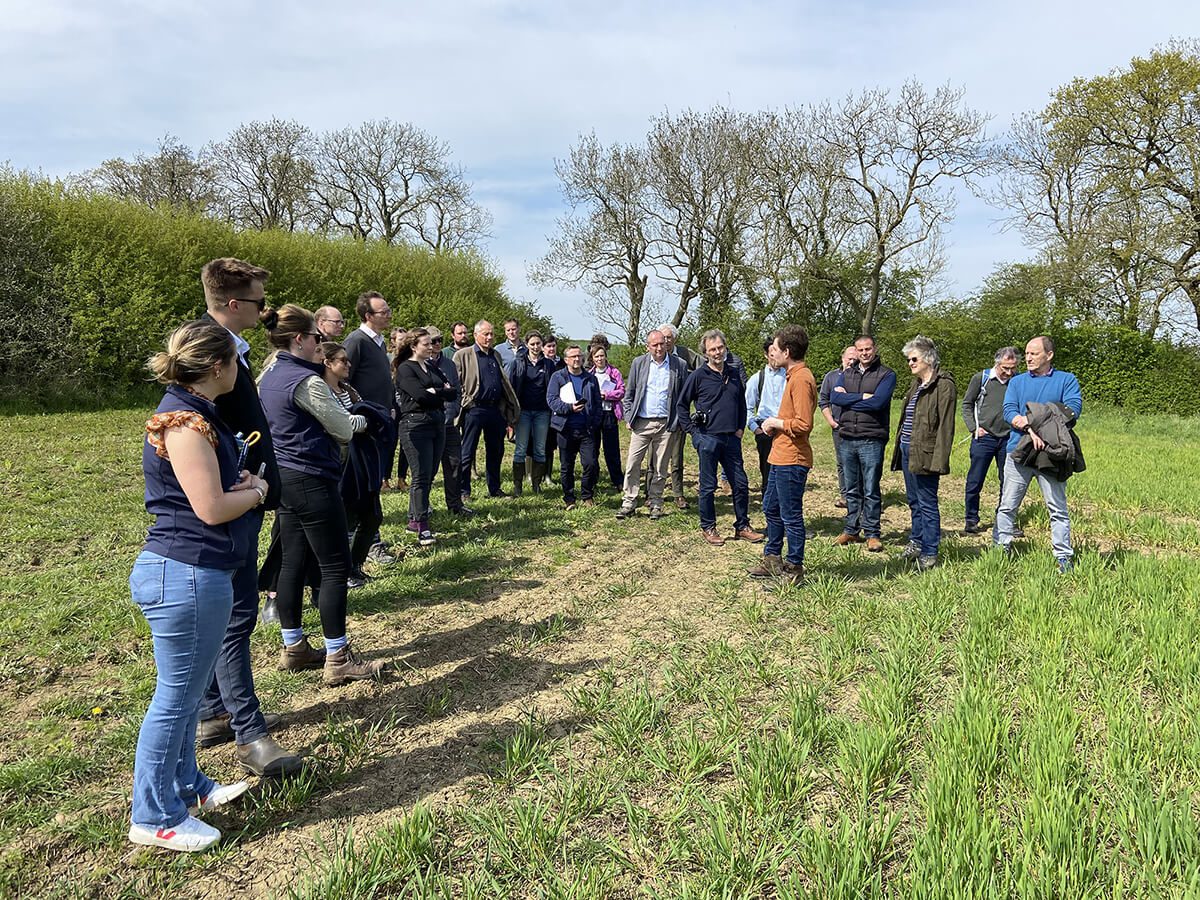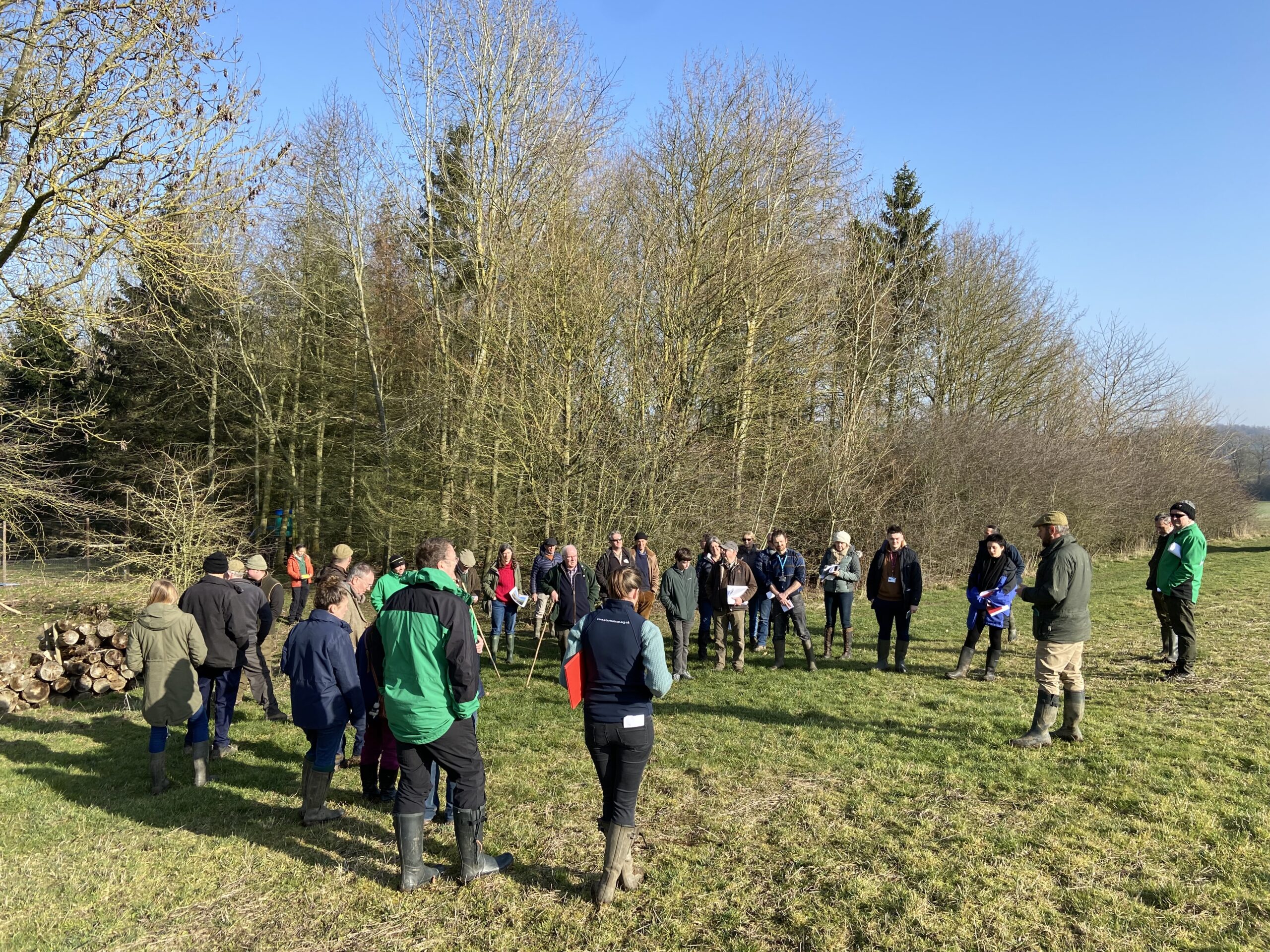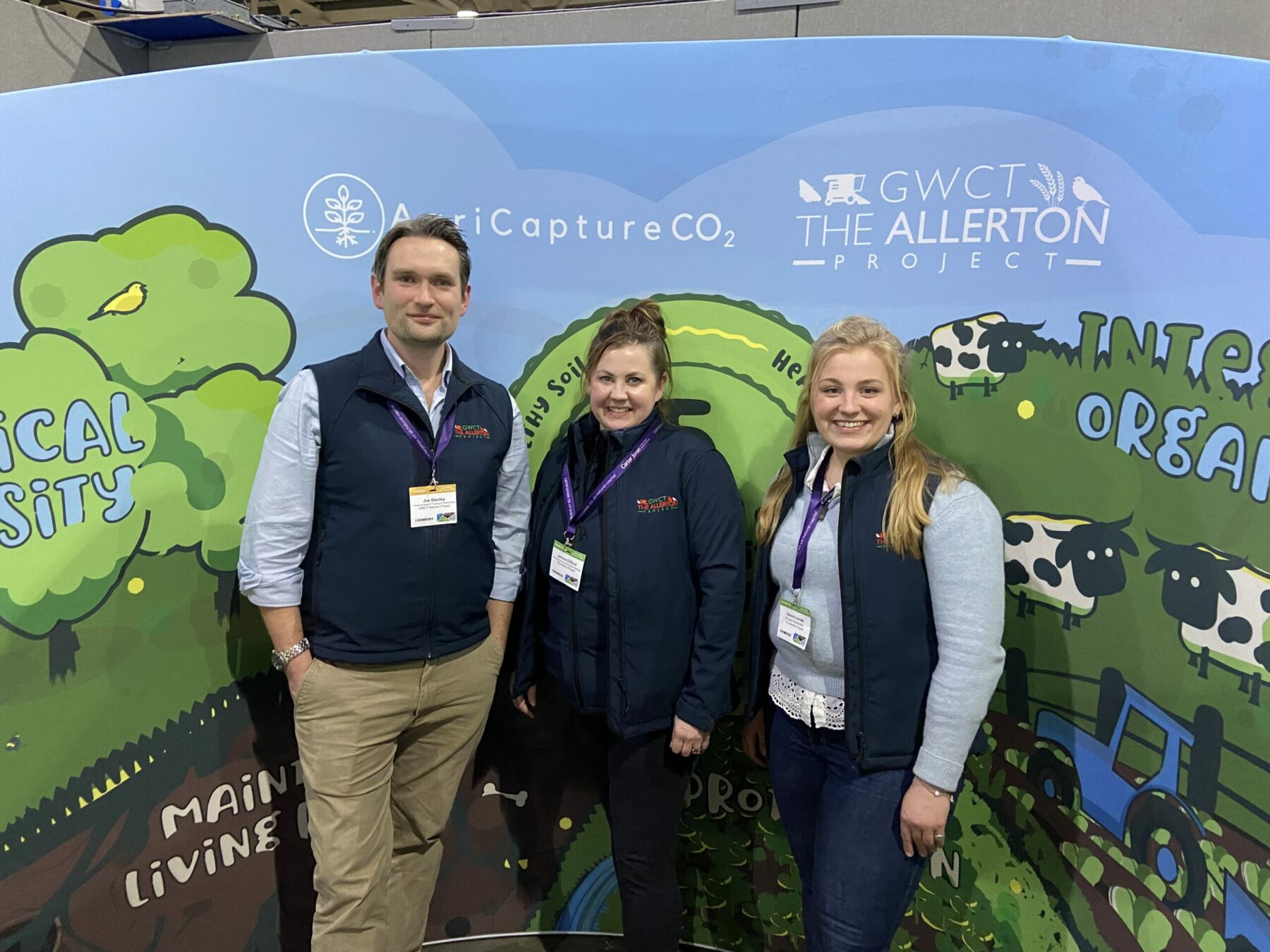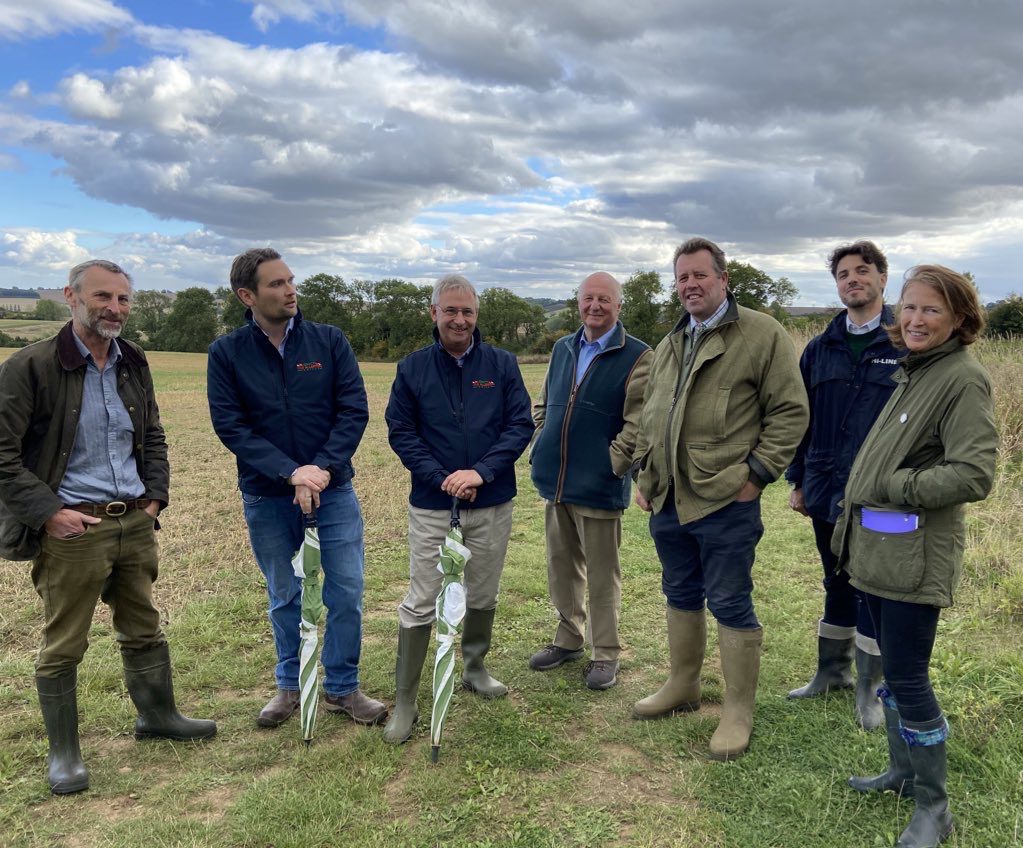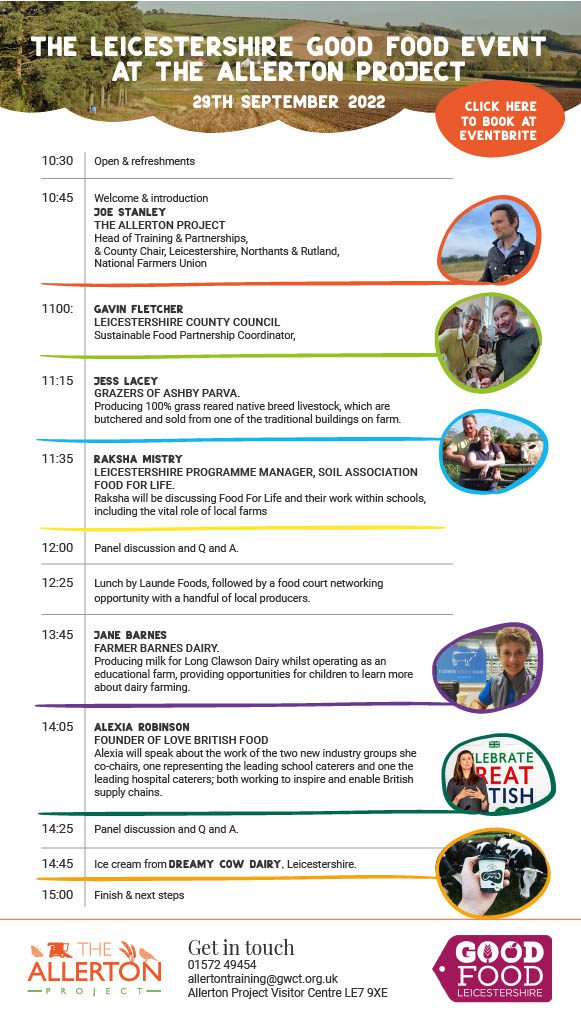On September 29th, the GWCT Allerton Project was proud to host the first Leicestershire Sustainable Food and Procurement Summit. The visitor centre hosted 38 delegates from the industry, including food wholesalers, producers, land agents, and farming organisations. With many key stakeholders in the supply chain in the room, challenges, considerations, and approaches were addressed, though it was clear that everyone in the room was eager to move this project forward and develop a clear strategy for how this was accomplished. One of the key points was an efficient procurement system; the system must ensure that farmers are supported with how produce is purchased and the ordering system, in order to ensure supply chain resilience for those small businesses who would be contributing. The council discussed how, due to the complexity of the ordering system and procurement operations, they were looking at options. It was especially encouraging to see a strong representation from the National Farmers Union, including from both their regional and national supply chain policy teams, who proposed areas in which they could support and assist.
Regulation was something those in the room raised to the council as an area for consideration, there was a detailed discussion with many delegates coming forward to ensure we do not exclude those from the industry when assessing regulation requirements. Whilst the majority of farmers would have the Red Tractor assurance standard it was deemed inappropriate to add another layer of auditing to these farms, In particular the inclusion of a sustainability aspect to farms and their produce. Sustainability was pointed as something the council were interested in, conversation surrounding ‘regen’ made it clear that farms are being required to reach more targets on reducing their carbon footprint and other sustainability aspects on farm.
We were lucky to benefit from a high level of knowledge of people within the room who led discussion and really helped to answer questions, in particular a delegate from Pasture for Life, LEAF and the NFU. Speakers on the day included Jess Lacey from Grazers of Ashby Parva who highlighted the importance of small ‘family’ farms who have been farming sustainably since the outset, the contribution of native livestock and slow systems. Jane Barnes discussed the importance of education on the future of our industry and ensuring our consumer knows where their food is from. Food for Life representative Raksha Mistry brought to life the work they do within schools and how local food contributes to this, Alexia Robinson followed this up discussing the work Love British Food does to push the agenda for British food and continue to develop relations to make sure British Food is on more menus across the UK.
Lunch was provided by Launde Farm Foods which was a very appropriate lunch following themes of local, seasonal, and sustainable. Followed by ice cream from Dreamy Cow dairy another food producer Leicestershire is proud to call the home to, they make ice cream from their milk produced by their dairy herd, run on a grass system.
Finally, it was also suggested that government’s recent target of 50% of public sector food expenditure on local or higher environmental food production standards (part of its Food Strategy paper) was also not as straightforward as it seemed. Some unpacking would be required to translate this into additional food spend at local level. It was agreed that selected representative of those present would be happy to be involved in an ongoing stakeholder discussion group to see how the ambitions of the day could be translated into more concrete action at the earliest opportunity, with the onus being on LCC to progress a strategy outlining both its procurement requirements and aims and how to onboard local producers.
For further comment please contact Nieves Lovatt, nlovatt@gwct.org.uk

